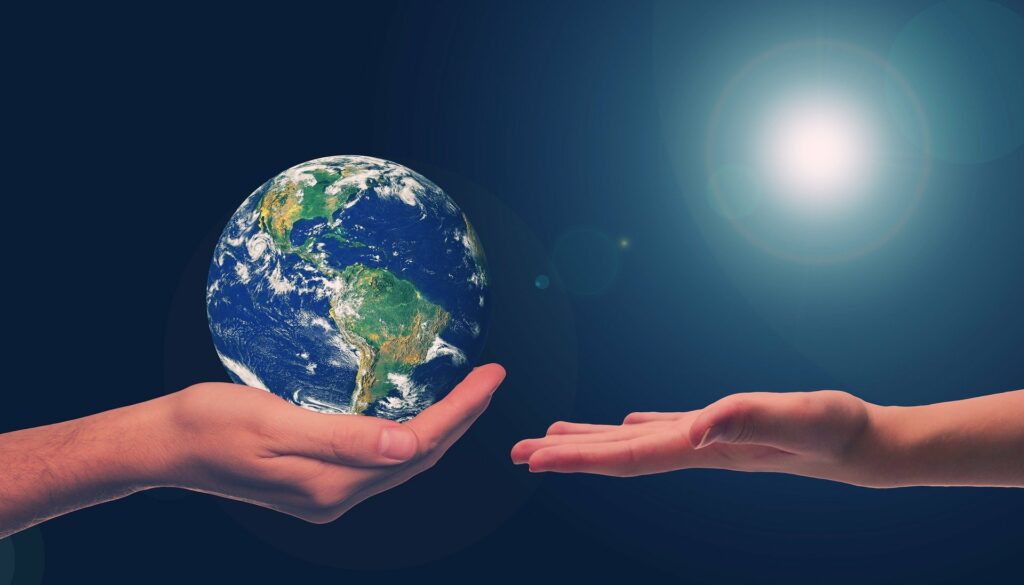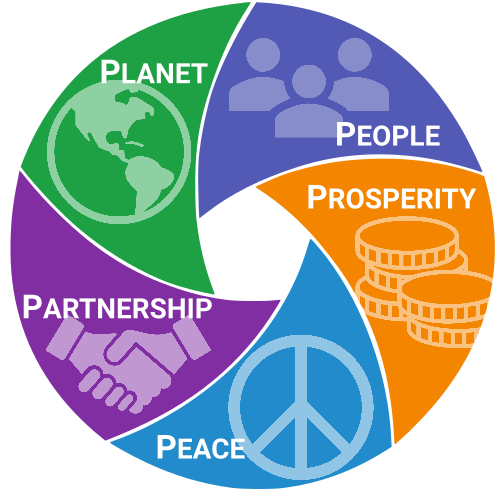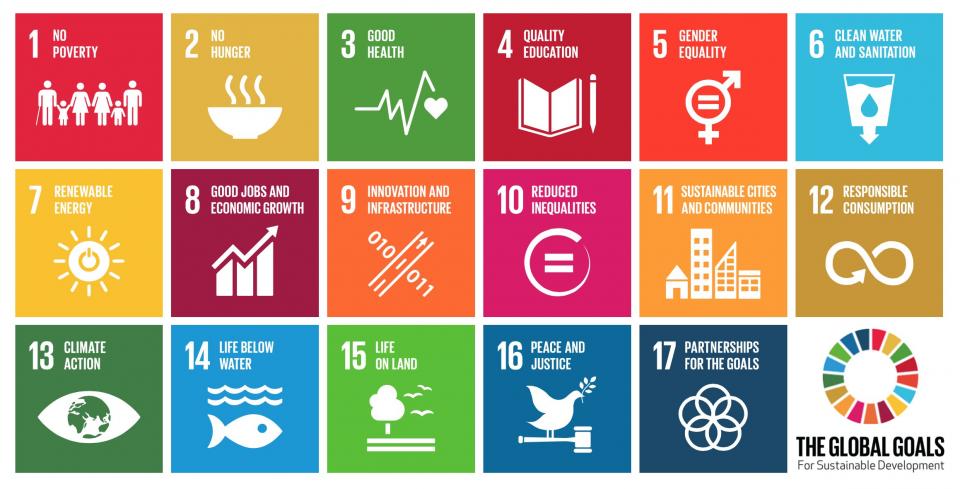The General Belgian Cleaning Organisation (UGBN) has once again awarded Cleaning Masters ‘Highest distinction’ for its efforts in the area of sustainable development. This proves that at the cleaning company, the term ‘sustainable development’ is not limited to theory, but is also applied in practice. But what does it actually mean?
Definition of sustainable development
‘Sustainable development’ is given a concrete meaning in the 1987 report ‘Our Common Future’ by the Brundtland Commission. This United Nations commission is led by Norvegian former prime minister Gro Harlem Brundtland. It states that the most important global environmental problems are the result of poverty in one part of the world and the unsustainable (over)consumption and production in the other part of the world. As a conclusion, the report calls for ‘sustainable development’.
This report defines it as:
“Development that meets the needs of the present without compromising the needs of future generations.”
This seems to be based on an Indian proverb. “The earth is not ours, we only have it on loan for our children”. So the idea in itself is not new. The intention to really tackle global problems is.

3 P’s
The definition by Brundtland and her colleagues links ‘Prosperity’, ‘Planet’ (environment) and ‘People’ (poverty and development). These 3 P’s were introduced by John Elkington, a British specialist in the field of sustainable development. Later, two more P’s were added. ‘Partnership’ and ‘Peace’ are considered to be the ideal breeding grounds for achieving sustainable development.

Balance and time
The word ‘development’ therefore means the search for a balance. Economic growth, especially in Western culture, has dominated for decades or even centuries. The great challenge is to realise prosperity while respecting environment and people.
When people hear the word ‘sustainable’, the often immediately associate it with ‘ecological’ or ‘environmentally friendly’. That is correct, but sustainable has a second meaning. That becomes clear when we look at the South African translation: ‘volhoudbaarheid’. This meaning is associated to ‘to hold on’. This indicates a ‘time’ factor. The idea is that we not only develop sustainably now or by 2030, but that we ‘sustain’ it. Forever, not only for our children or grandchildren, but also for the generations that follow.
Sustainable Development Goals (SDG)
The United Nations has, on several occasions, discussed ways of putting sustainable development into practice. For example, at the 1992 conference on biodiversity in Rio de Janeiro (Brazil). And ten years later at the World Summit in Johannesburg (South Africa).
In 2015, the United Nations presented its ‘Agenda 2030’. It contains 17 SDG’s.

Within each of these objectives a number of targets are set, 169 in total. These describe the concrete approach to the most diverse problems. Think, for example, of air pollution, human rights violations, scarcity of certain raw materials, climate change, and so on.
Sustainable development and Multi Masters Group
Cleaning Masters – and in a broader sense the entire Multi Masters Group – pay a lot of attention to sustainable development or corporate social responsibility (CSR) in their daily activities. In a next article we will explain how we contribute to the realisation of the SDG’s.
Can’t wait that long? Then take a look at the ‘Our CSR policy’ page.
Would you like to know more about the United Nations SDG’s? Then click on this link.
